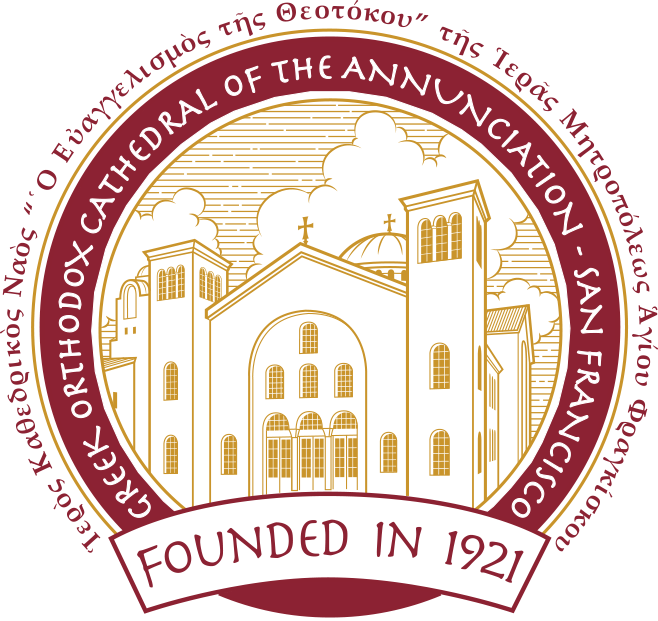
The Greek Orthodox Church uses several titles and terms to describe members of the clergy. For those you recently baptized in the Orthodox faith the terms can be somewhat confusing and for those of you that have been Orthodox all of your life its good to re-acquainted with them. If you have questions, please send Father Stephen an email, This email address is being protected from spambots. You need JavaScript enabled to view it..
What is a Deacon?
The office of deacon originated in the selection of seven men, among them Stephen the first Martyr, to assist with the charitable work of the early church, as recorded in Acts 6. The deaconate is the first order of priesthood; the other two are that of presbyter (or priest) and bishop. A deacon assists the presbyter (or priest) and the bishop in the worship services of the Church.
What is a Presbyter?
In the Orthodox Church, a presbyter (which means "elder") is the same as a priest (in the sense of "iereus," the one who conducted the ritual, usually of sacrifice. In James 5:14 we read: Is anyone among you sick? Let him call for the presbyters of the Church, and let them pray over him, anointing him with oil in the name of the Lord. A presbyter is first ordained a deacon. A presbyter may, if elected, also be ordained a bishop, which is the third order of priesthood. As a presbyter (or priest), he may celebrate six of seven sacraments--Baptism, Chrismation, Holy Communion), Marriage, Holy Unction, Holy Confession--but not the seventh, which is Ordination.
Presbyters or priests are addressed as "Father". In correspondence, "Reverend Father ...." is used.
What is a Protopresbyter?
A protopresbyter is a presbyter (or priest) who is considered to be first in line compared with other presbyters (or priests). Protopresbyter designates an "offikion" or rank. A protopresbyter is still a presbyter (or priest).
What is a Proistamenos (Dean)?
A Proistamenos is a presbyter (or priest) who is in charge of other priest(s). A Proistamenos heads a parish church and is the main celebrant of the its worship service, notably the Divine Liturgy.
What is a Bishop?
A bishop is the successor to the Apostles in the service and government of the Church. Called episkopos in the New Testament (literally "overseer"), a bishop oversees other parishes within his jurisdiction, known as a "diocese." He ensures the truth and unity of the Faith and he ordains deacons and presbyters. Bishops meet with other bishops in synods, or councils, to decide matters of Faith or to administer matters affecting more than one diocese.
Bishops are addressed as "Your Grace". In correspondence, "His Grace, Bishop ...." is used.
What is a Metropolitan?
Sacramentally, all bishops are equal, but there are distinctions of administrative rank. Such is the case with a Metropolitan. A Metropolitan is a bishop with jurisdiction over a large geographical area. In the practice of the Greek Churches, archbishops are ranked above metropolitans. The reverse is true for the Slavic Churches.
In neither case do metropolitans have any special authority over other ruling bishops within their provinces. However, metropolitans (archbishops in the Greek Orthodox Church) are the chairmen of their respective synods of bishops, and have special privileges.
Metropolitans are addressed as "Your Eminence." In correspondence, "His Eminence, Metropolitan ...." is used.
Greek Orthodox Cathedral of the Annunciation, San Francisco
